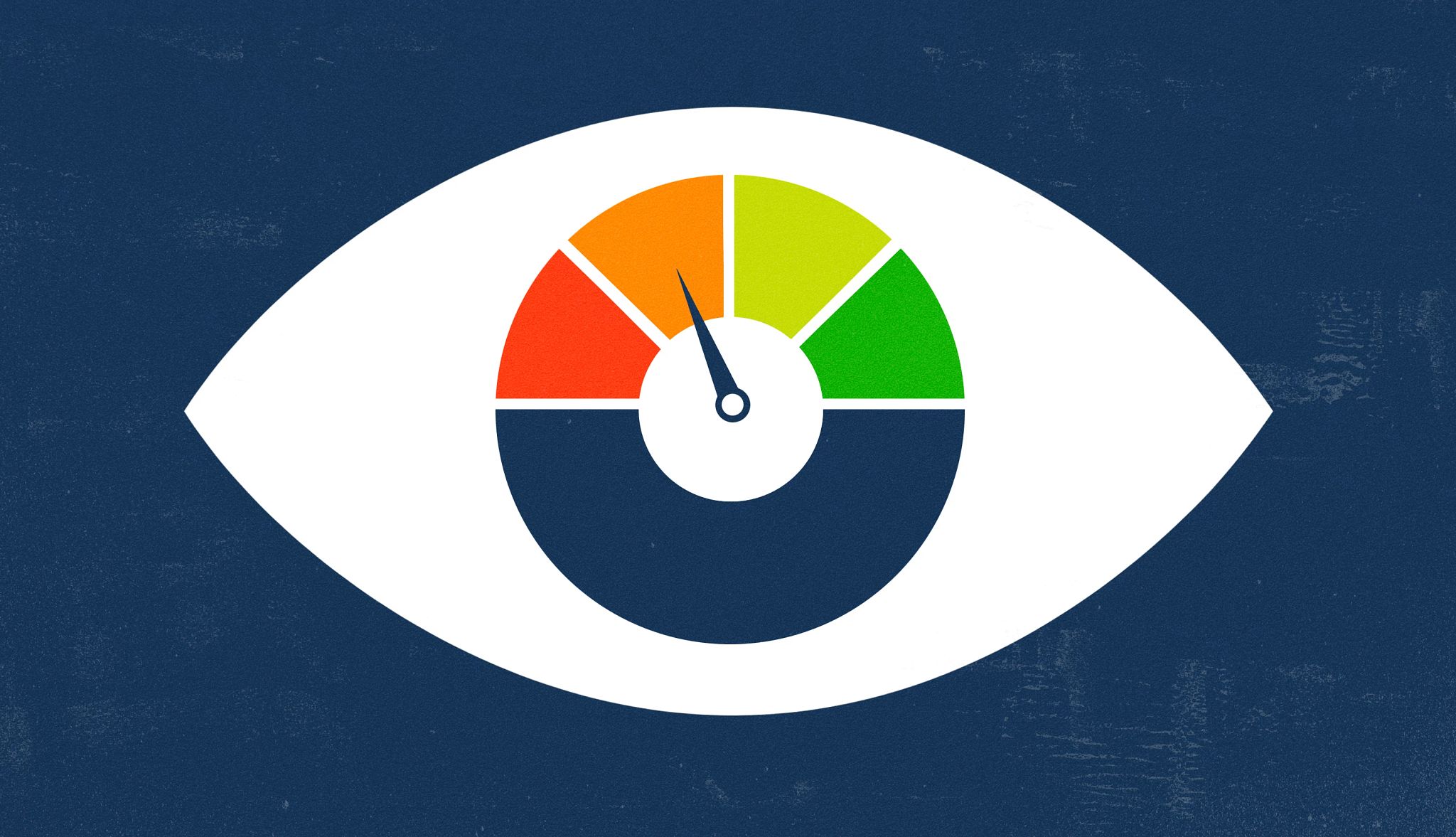AARP Hearing Center


Many retirees think they no longer need to keep tabs on their credit report, especially if they’ve already paid off their mortgage and don’t plan on taking out another home loan.
But there are good reasons to remain vigilant about checking your credit report. These include the potential for errors or fraud, both which can wreak havoc on the credit profile you’ve worked hard to build over the years.
Staying on top of your credit report can also make it easier to act if you decide, at a later time, to apply for an auto loan or a new credit card. At that point, a previously undiscovered problem could cause delays or issues in obtaining credit, or require greater damage control.
Checking your credit report is easy to do. Reports are available for free on a weekly basis from the three major credit bureaus — Equifax, Experian and TransUnion — at AnnualCreditReport.com.
“Regardless of your age, you should never stop keeping your eyes on your credit report,” says credit expert John Ulzheimer, who previously held positions at FICO, Equifax and Credit.com.
Here are four crucial reasons to check your credit report on an ongoing basis, even in your later years.
1. Because errors can occur
There may be small errors on your credit report, such as an incorrect address or phone number, that can be easily fixed and won’t harm your ability to seek credit. But more problematic errors can also occur, such as if another similarly named or identically named person’s missed credit card payments appear on your report. If you do find an error, you’re not alone; a survey from Consumer Reports and the nonprofit WorkMoney found 44 percent of respondents who checked their credit reports found at least one error.
If you spot an error on your credit report, you should report the mistake to the appropriate credit bureau. Explain, in writing, why it’s incorrect and provide supporting documentation.
Ulzheimer recommends seniors continue to check their reports every few months even if they’ve placed security freezes and fraud alerts with the major credit bureaus. While these measures can help protect against fraud, they can’t entirely prevent errors from occurring, since lenders and creditors can still report incorrect information to the credit bureaus or other mistakes can occur.
How to Track Your Credit Score
Your credit report doesn’t include your credit score, the all-powerful, three-digit number that lenders and creditors use to assess your creditworthiness. But there are a number of ways you can keep an eye on your credit score — some at no cost.
Many major credit card issuers, including American Express, Bank of America, Capital One, Citi and Chase, provide free credit scores to customers and, in some cases, to anyone who enrolls in their credit score monitoring service. You can get an updated score once a month, or more frequently, depending on the issuer.
The major credit bureaus also offer the ability to track your credit score, sometimes for free, though often there’s a fee involved. There are other paid services that may come with additional benefits, such as identity-theft monitoring, but be sure to read the fine print to understand the services you're getting.
Be aware that your credit score can vary, depending on whether the card issuer uses VantageScore or FICO. Both provide a score ranging from 300 to 850, but they use different formulas. FICO scores can also differ from one issuer to another depending on which consumer credit bureau is being used. Each of the three major bureaus collects consumer account data independently and calculates scores based on that data.
Don’t feel compelled to check it daily or even weekly, if offered. But, regular monthly monitoring is advisable to ensure nothing falls through the cracks, financial professionals say. “You don’t want to see you’re an 810 one month and a 570 the next month,” Ulzheimer says.




































































More From AARP
Inflation Just Fell Below 3 Percent. Here Are 5 Key Takeaways
How it could impact consumer prices, mortgage rates and more5 Quick Ways to Boost Your Credit Score
Some credit-raising steps take as little as a few minutesAARP Smart Guide: Money
19 surprisingly simple ways to save more and secure your finances
Recommended for You